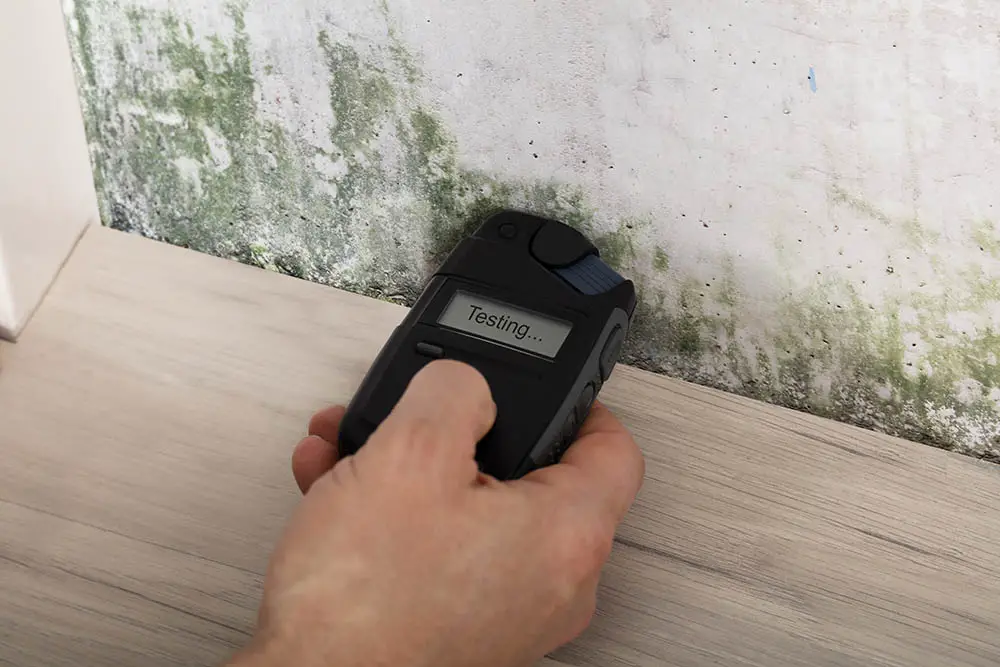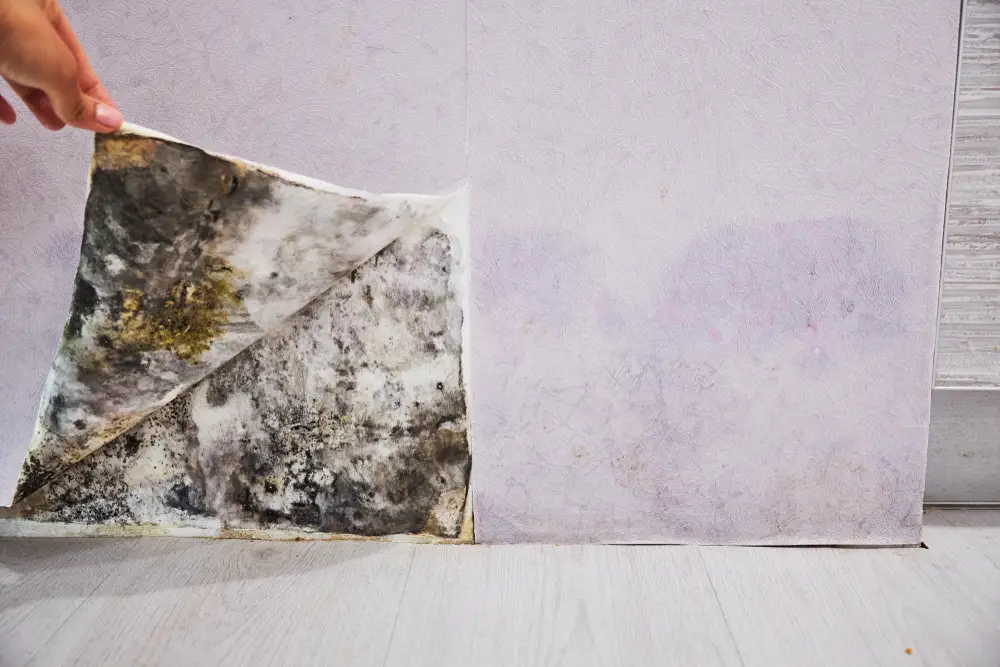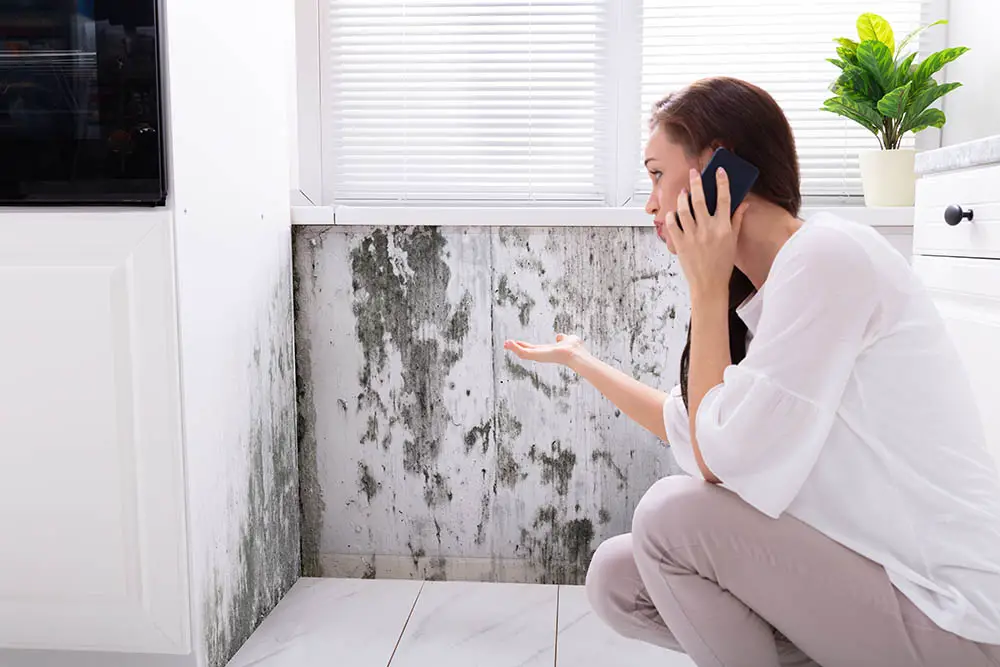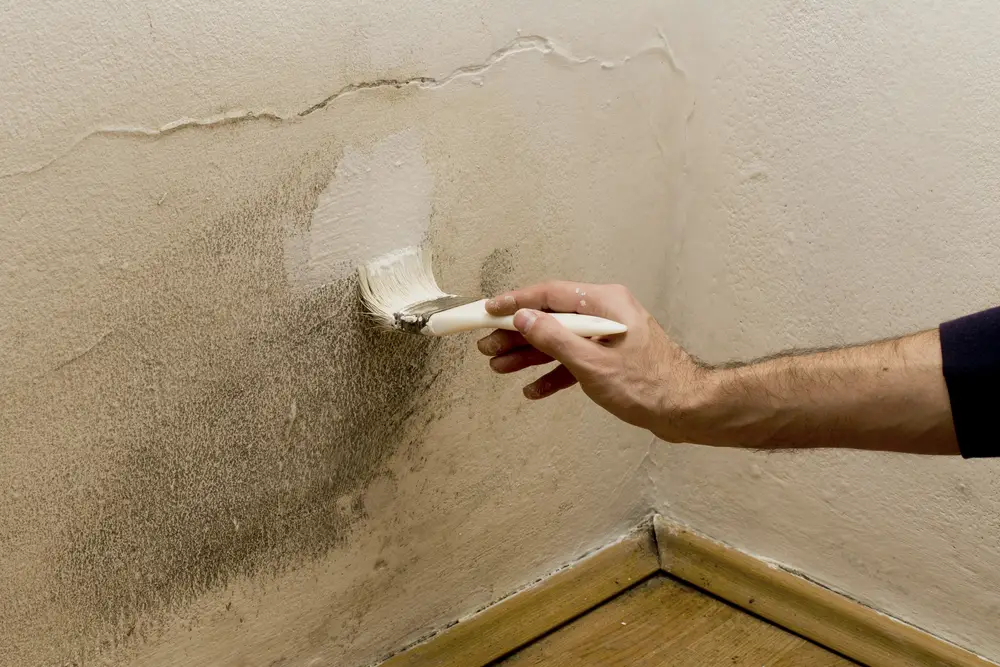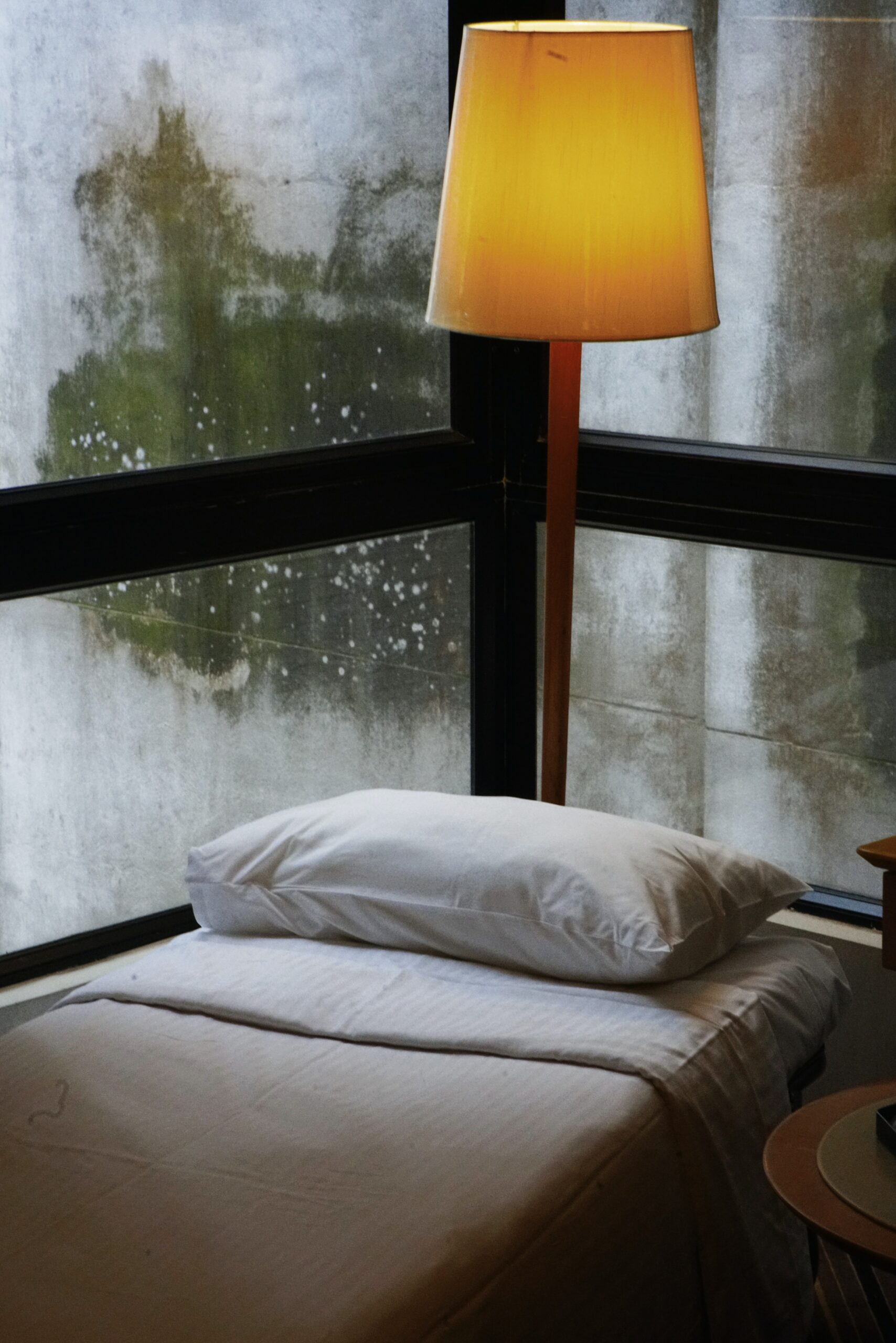Mold exposure poses significant risks, both to our health and our property. Whether it’s in rented accommodation, the workplace, or our own homes, mold can lead to health issues and property damage. In this article, we’ll explore the legal avenues available to individuals facing mold exposure, including the possibility of seeking compensation through small claims court.
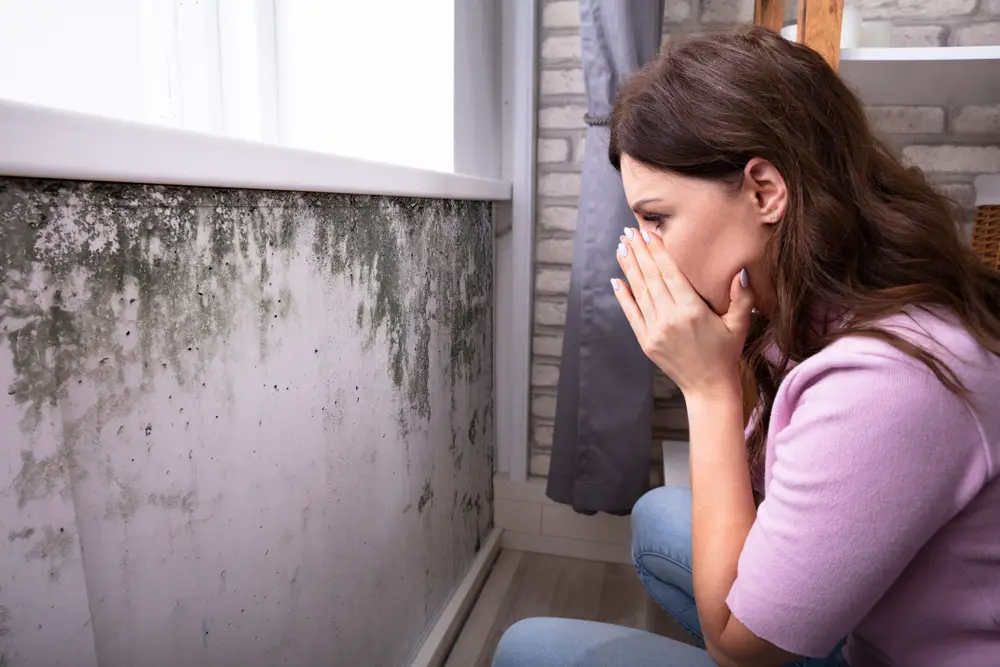
Can You Sue for Mold Exposure?
Yes, you can sue for mold exposure, particularly if you live in rented accommodation. Common reasons for suing include mold-related health problems and property damage. To pursue legal action successfully, you’ll need a solid case supported by evidence, including a written demand letter to your landlord. Additionally, it’s essential to check if your renters’ insurance covers mold damage, as this could provide another avenue for compensation. If the mold exposure has resulted in health issues, exploring options with your health insurance is advisable.
Determining Compensation for Mold Exposure
In small claims court, compensation for mold exposure typically ranges from $3,000 to $10,000, depending on the extent of the damage. However, higher payouts are possible in severe cases or if the mold exposure is attributable to a large corporation. When filing a claim, ensure to accurately document the costs incurred, including any medical expenses or property damage, to maximize your compensation. Seeking assistance from legal professionals familiar with small claims court procedures can also be beneficial in navigating the process effectively.
Legal Recourse for Workplace Mold Exposure
Employees who suffer from mold exposure in the workplace may also pursue legal action. If mold in the workplace has caused illness or financial loss due to missed work, employees have the right to seek compensation from their employers. While federal standards for airborne mold in the workplace are lacking, employers are obligated to address mold issues promptly to ensure employee safety. Consulting with an attorney specializing in mold exposure cases can assist in filing claims and securing appropriate compensation.
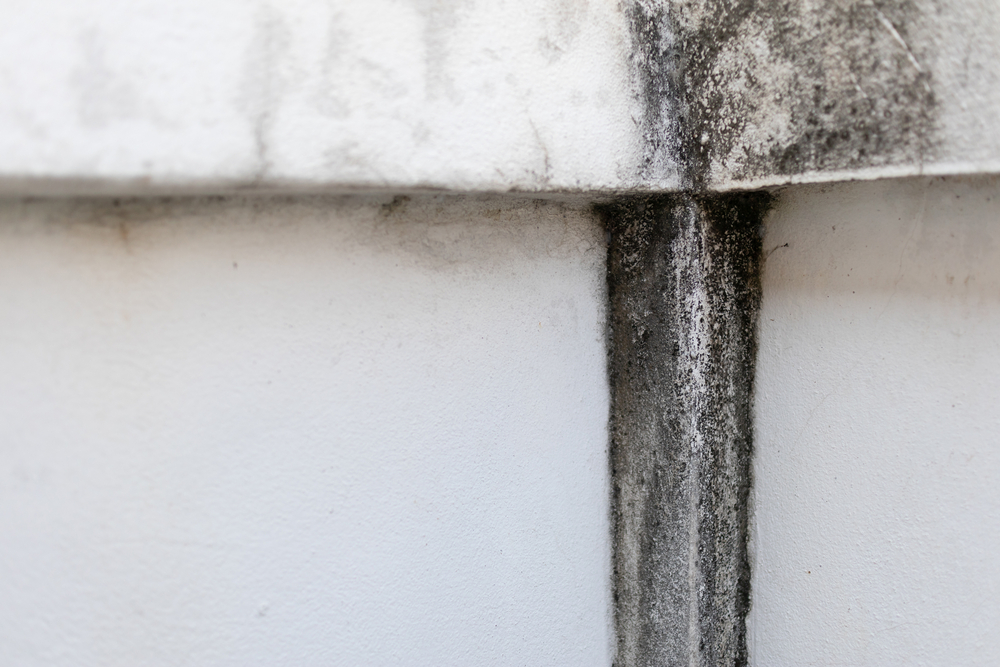
Suing Landlords for Black Mold
Black mold poses significant health risks, and tenants have the right to take legal action against landlords who fail to address the issue. If attempts to remediate black mold have been unsuccessful, tenants can file a claim in small claims court. Evidence of health problems, property damage, and the emotional toll of living with black mold are crucial for building a successful case. Consulting with professionals experienced in mold-related legal matters can help tenants navigate the legal process and achieve a favorable outcome.
Conclusion
Mold exposure presents serious risks to both health and property, but individuals have legal avenues available to seek compensation and hold responsible parties accountable. Whether it’s suing landlords for property damage or employers for workplace safety violations, understanding one’s rights and gathering evidence are critical steps in pursuing legal recourse. By leveraging legal expertise and documentation, individuals affected by mold exposure can strive for fair compensation and ensure a safer environment for themselves and others.


